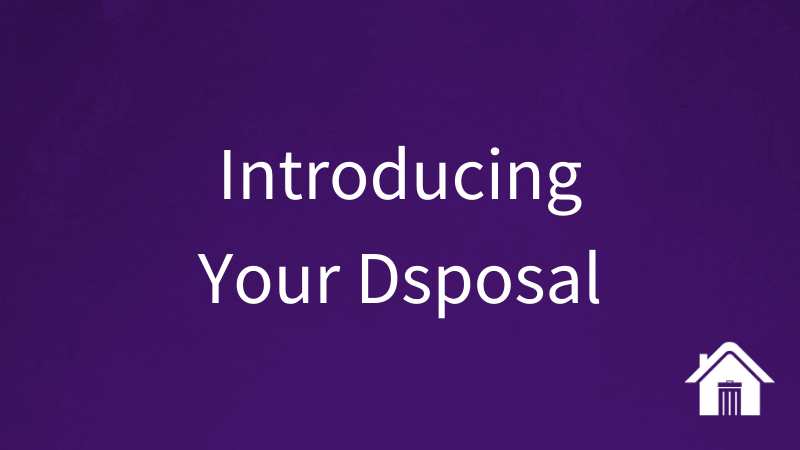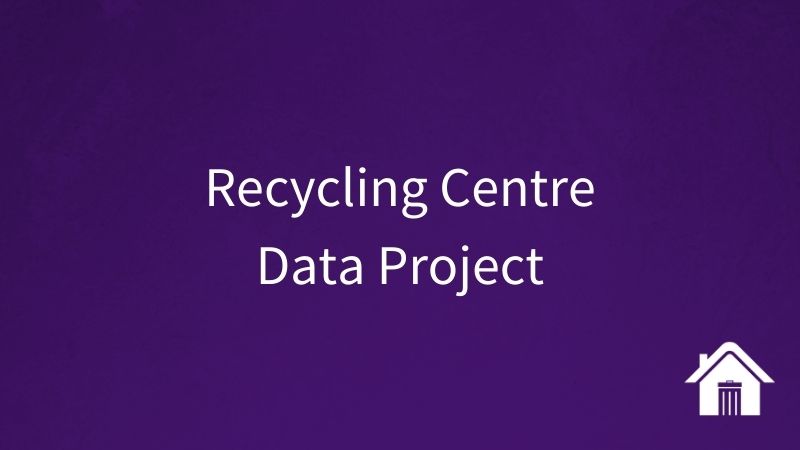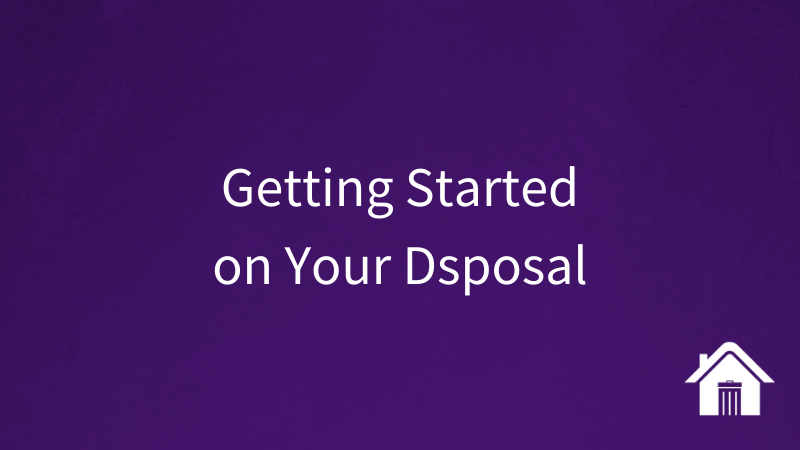
You may have seen the news – we’ve recently been awarded funding from the ODI for our project to develop an open waste data standard for Household Waste Recycling Centre (HWRCs) information and an open dataset of this information.
In this article I’m going to give some details about the project including explaining what an open data standard and open dataset are, why we’re so excited about this project and ways you can get involved if you’re excited by it too.
What is an open waste data standard?
According to the Open Data Standards Directory “An open data standard is a set of specifications (or requirements) for how some sets of data should be made publicly available. Generally, open data standards describe data about a particular subject, for example service requests (Open311) or building permits (BLDS). Like the data they describe, open data standards are generally developed “in the open”, meaning that anyone who is interested has a way to contribute.”
Or to put it another way, The ODI says, “Standards are documented, reusable agreements that affect us every day. Open standards for data make it easier for people and organisations to publish, access, share and use better quality data.”
Sounds good right?
In this project we want to create an open waste data standard for HWRCs. We want the standard to cover information like:
- Opening times
- Waste streams accepted
- Vehicle restrictions
- Covid-19 measures in place
Because it’s an open data standard we are working openly. That means you can see what we’re doing as we’re working on it. You don’t need to wait until it's finished for our report, or sign an NDA to get access, you can take a look by heading over to Github.
This is a bit scary for us. You might look at our work and see all its imperfections. We might make ourselves look stupid or unprofessional. Our mistakes and successes will be there in plain daylight. (As a self-confessed perfectionist control-freak this is daunting). So why do it to ourselves? Because scary as it is working in this way, inviting contributions and collaborations from anyone who would like to be involved, means you end up with a better outcome. It’s more inclusive, it's more likely to accurately reflect reality and it should be more valuable and more useful to more people. That is a big plus and one that is worth getting over the discomfort of working out in the open for.
What’s the difference between an open data standard and an open dataset?
If the open waste data standard is the recipe then the open dataset is dish you end up with by following the recipe. In this case what we want to create is an open dataset of information that is covered by the standard. Because it is a fairly short project (we need to be finished by early March) we’re likely to only be able to create a prototype dataset but in the long run we hope that the data standard helps to pave the way for an open dataset of information on all the HWRCs in the UK.
Doesn’t that exist already?
In a word, no. Not openly available and not for all HWRCs in the UK. If you know different please point us at it! There are some open waste datasets that cover some of the information, for example the Environment Agency Public Registers has all the permitted waste sites in England which includes all the HWRCs, but it doesn’t contain information like opening times or vehicle restrictions.
We think it would be really beneficial for all this information to be standardised and available in an openly available database. We have a Directory of all licensed and permitted waste services in England which includes ‘profiles’ for around 610 HWRCs. Because we know how to lay information out on our website so it is optimised for search engines, like Google, Bing, or Duck Duck Go, we get quite a bit of traffic to our site with members of the public looking for information on their local recycling centres. When lockdown measures were eased back at the start of May and the HWRCs reopened after being closed we saw more than 600% growth in traffic to our HWRC pages. We had lots of people contact us asking for information on restrictions, new procedures and when the sites would be open again. As a small team there was only so much we could do and the best solution we could come up with was to compile an article linking to all the council COVID-19 pages about recycling centres – it became our most read article ever in a matter of days.
This showed us that people are looking for this information and despite councils providing this information on their websites and via other channels the public were struggling to find it. And it's not surprising, you only have to look at a handful of council websites to see that they each have their own layout, their own way of categorising things, their own wording – they’re tricky to navigate on the whole and not built for search engine optimisation (SEO). This isn’t a criticism of local authorities. It's just the way it is. They’re not SEO experts, they’re busy providing us with basic frontline services as they should be.
But if an open dataset built upon the open data standard were to exist then we could use that information to provide a better service to the members of the public who find themselves on our site. But the beauty of it being open is that it could also be used by anyone else who wanted to provide this info. We think this will drive innovation and increase access to this information. We also hope it might make it a bit easier for the local authorities and tie in with their data or smart city strategies. As Adam Jennison from Hull City Council said, “Hull City Council is currently introducing a Smart City platform which will bring together many different data sets, the purpose of which is to improve people’s lives. The connection may not seem relevant at first but data standards are of utmost importance as they allow data to be moved, compared and processed easily, reducing effort, cost and time. This project will go some way to fill a gap in data standards in a very important aspect of everyone’s lives, that of waste.”
But this information is useful to a whole host of other people and organisations who make use of this kind of data in a broad range of projects and ways, which is why we were supported in our bid by Resource Futures and Ecosurety.
Want to get involved with the Open Waste Data Standard?
We hope you do. There’s a number of ways to take part:
- Get in touch and be part of our stakeholder group – we’ll be holding virtual workshops and asking for your input and feedback (head to our contact us page)
- Join the conversation on social media by using #OpenWasteData and tagging @YourDsposal
- Get stuck in on GitHub


